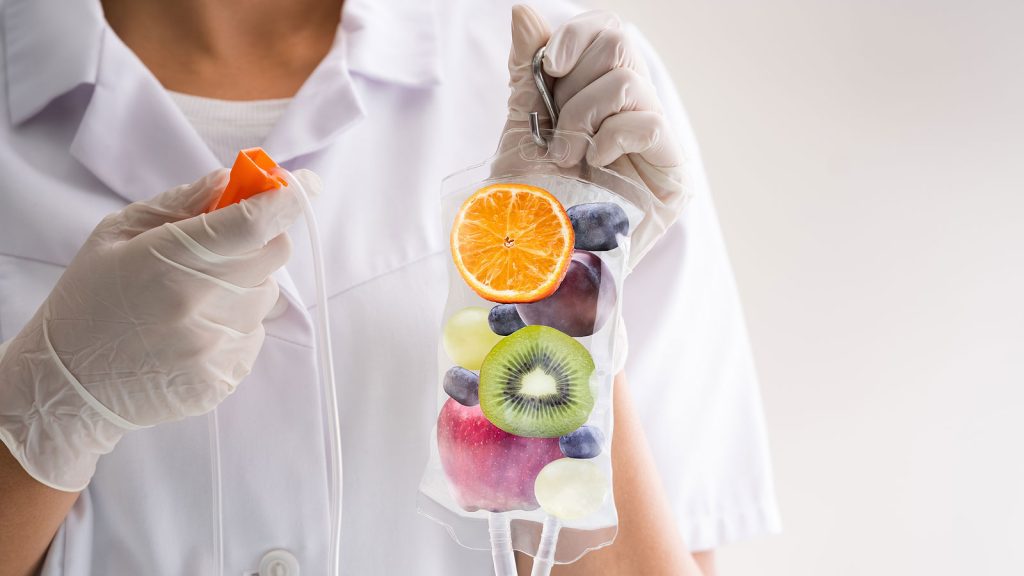Providing nutrients and fluids is critical during pregnancy. It helps ensure that both mom and baby are getting what they need to be healthy.
IV hydration during pregnancy is particularly helpful for women suffering from extreme morning sickness (hyperemesis gravidarum). Vomiting often depletes the body of both water and vital vitamins.
Our hydration treatments contain only safe, natural anti-nausea medications that do not harm the fetus.
Nausea
During pregnancy, women often experience nausea and vomiting. This condition is typically most prevalent during the first trimester and disappears around the sixteenth or eighteenth week. However, in some cases, it is more severe and continues into the second trimester. In this case, the nausea is referred to as hyperemesis gravidarum and can lead to significant weight loss and dehydration.
Nausea during pregnancy can be caused by many factors, including changes in hormones, strong smells, and certain tastes. Regardless of the cause, it can be difficult to keep food down or even water. When this happens, IV therapy can be a great solution.
Our IV treatments can provide valuable hydration and vitamins directly into your bloodstream. In addition, we can add anti-nausea medication to help you feel better faster. To learn more about how our IV services can help with your nausea, contact us today. We can bring our treatments right to you! Our mobile units are safe and convenient.
Dehydration
Dehydration is a common pregnancy symptom that can be dangerous to you and your baby. The increased hydration needs of pregnancy combined with symptoms like nausea, vomiting, constipation, dark urine and fatigue can all lead to dehydration. IV hydration is the safest way to ensure that you are getting enough fluids.
IV hydration also helps to balance your electrolytes and can help combat symptoms of hyperemesis gravidarum (severe morning sickness). It can also prevent complications like low amniotic fluid, preterm labor and insufficient breast milk production after childbirth.
It’s important to drink plenty of water and eat hydrating foods like watermelon, cucumbers and strawberries during pregnancy. Try to have a set amount of water that you aim to drink each day. This can help you stick to a daily hydration goal and avoid missing your water goals due to pregnancy symptoms. It’s also a good idea to have a water bottle or cup that you can fill up regularly throughout the day to keep track of your hydration levels.
Weight Gain
During the first trimester, you may be losing a lot of weight due to excessive vomiting (hyperemesis gravidarum). If this continues, it can be dangerous for both you and your baby. IV therapy can help prevent this by delivering vital fluids directly to your bloodstream.
IV therapy is also a great way to get the vitamins and minerals your body needs during pregnancy. This includes vitamin B12 which can alleviate fatigue, a common side effect of pregnancy.
The best way to stay hydrated is by drinking lots of water and eating healthy foods. Stick with light exercise as strenuous activity can dehydrate you faster. You can also try an electrolyte popsicle, which will give you the hydration and nutrients you need in an easy-to-eat snack. The goal is to keep your levels as high as possible in order to prevent complications during pregnancy such as pre-eclampsia, low milk production, and premature labor.
Vitamins and Minerals
During the first trimester of pregnancy, many women suffer from chronic fatigue caused by dehydration and a lack of vitamins. A balanced diet usually provides all the vitamins and minerals a pregnant woman needs, but it is also important to have access to high-quality IV treatments as well.
IV therapy is often recommended for pregnant women because it can help alleviate some of the most common health complications that arise during this time — including dehydration and morning sickness. IV treatments can provide hydration and electrolytes as well as important vitamins, such as folic acid and calcium.
The saline solution used for IV therapy also contains nutrients, which can help reduce the symptoms of dehydration that are so common among pregnant women. In addition, a vitamin B12 IV drip can give pregnant women the energy they need to get through a difficult day of nausea and vomiting. Iron is another crucial nutrient that pregnant women need in large amounts. It helps red blood cells to carry oxygen throughout the body and to the developing foetus.


